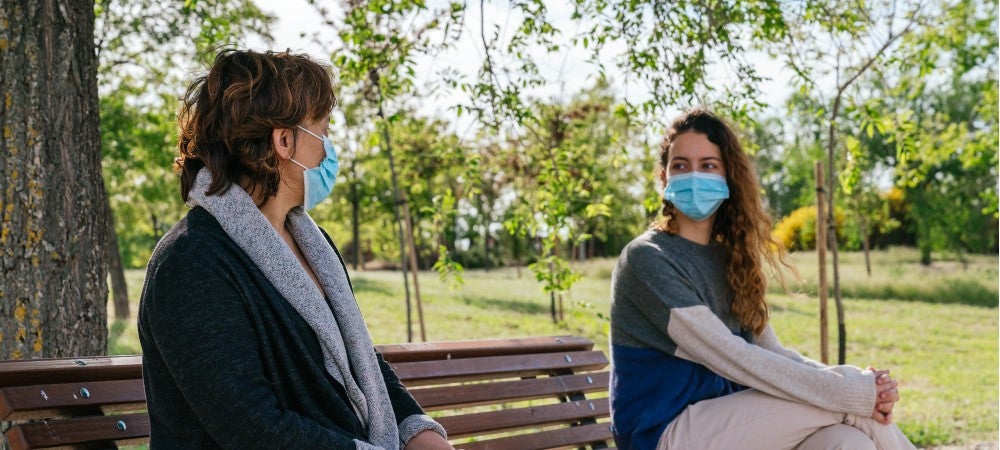Public health emergencies like the COVID-19 pandemic are stressful times for all of us. Unfortunately, the fear and anxiety brought about by that stress can make us want to lash out or place blame on the people, places, or things we feel are responsible for the crisis. That blame-placing and discrimination are called social stigma, and it can be a dangerous and destructive thing.
What Causes Stigma?
In the case of COVID-19, social stigma is fueled by fears about the disease and the harm it can bring, a lack of knowledge about the virus and how it spreads and the need to assign responsibility for it. It can also happen after a person has tested positive, recovered from COVID-19, or been released from home isolation or quarantine. That stigma can lead to labeling, stereotyping, discrimination and other negative behaviors.
Who’s Harmed?
Certain racial and ethnic minority groups, first responders, healthcare providers and other frontline workers who are exposed to people with the virus and people with disabilities or underlying health conditions are just some of the groups who’ve been unfairly stigmatized during the COVID-19 crisis.
But stigma affects everyone. That’s because it creates more fear and anger instead of focusing on the problem. Stigma can also make people more likely to hide their symptoms, keep them from seeking health care immediately and prevent them from adopting healthy behaviors. That means stigma can make it more difficult to control the spread of the disease.
It also leads to discrimination, including exclusion, denial of healthcare, education, housing, and employment, verbal abuse or even physical violence. It can negatively affect the emotional, mental and physical health of stigmatized groups and the communities they live in, too.
How To Stop It
Stopping stigma is essential to making all communities and community members safer and healthier. And the good news is everyone can help. Here’s how:
- Learn the facts about COVID-19 and share them with others in your community.
- Point out incidents of stigma to your community leaders and public health officials.
- Avoid negative language that can cause stigma and speak out against negative behaviors and statements you witness, including those you see on social media.
- Thank the healthcare workers, first responders and front-line workers you know.
- Connect stigmatized people with social support services in your community.
Spreading fear and looking for someone to blame isn’t going to get us through this crisis any faster or easier. We’re much better off uniting as a community, doing what we can to keep ourselves safe and finding ways to encourage one another for as long as it lasts. We will get through the pandemic, but we’ll get through it better if we do it together.

